Home › Forums › Breeds › Huskies › Health Questions ›
Having issues with eating and undercoat loss
- This topic has 6 replies, 7 voices, and was last updated 8 years, 8 months ago by
Tereza LP.
-
AuthorPosts
-
-
September 22, 2015 #215069
Anonymous
InactiveI have a 5 1/2 year old husky mix named Diesel. We rescued him over 3 years ago. I am having 2 issues that i need some advise on. First off Diesel has NEVER had a problem eating. He is quite the fatty at heart. Starting about 2-3 months ago he started to not finish his food at night. Then he started to not eat any food in the morning and only some at night. He is supposed to be eating 4 cups of food a day. I am lucky if he eats 2 cups. I brought the problem up to our vet and she made the comment that huskies do sometimes go off there food during the summer time. I have fought with myself over this statement a lot.
Secondly, he was diagnosed with hypothyroidism about a year and a half ago. We have had some issues with his dosage. It was way to high then it got to the point that he was on a dosage that for a dog his size was kind of pointless (or so we thought). The vet said we should try taking him off for a month so we did. He gained 13 pounds and that was with him not eating his food. So we put him back on. I believe that because of his thyroid issues he didn’t start shedding until about 2 months ago. I have been brushing him every week and his hair is coming out like i have never seen it before. Then i noticed that patches of areas on his back have absolutely no undercoat at all and they’re getting bigger. I was just wondering if any of you have had/seen this happen before? I do not use a Furminator. I use a regular hairbrush with rounded tips and a wide tooth comb to brush him with. We have an appointment with a different vet on Friday, but would like other husky owners opinions. -
October 4, 2015 #230164
sal7012
ParticipantHi, my husky was the same, a bit of a piggy, then I noticed her guard hairs coming out in handfuls, she started to go off her food, suddenly lost loads of weight and was drinking loads. She was then diagnosed with diabetes, pancreatitis and keystone acidosis. She is now on insulin twice a day and is much more settled, she is however blind because of it and I’m trying to raise money for an operation for her, this might not have happened if I’d picked up on it sooner, could you ask for a diabetes test? It’s fairly simple, either a urine test or blood test. Hope that helps in some way and diesel picks up soon xxx
Attachments:
-
October 4, 2015 #230206
Anonymous
InactiveOur Maya had issues eating that we attributed to the typical husky self-diet. However, earlier this summer, she was diagnosed with IMHA (Immune Mediated Hemolytic Anemia). She presented only a few of the symptoms, loss of appetite, listlessness and had a pale tongue and gums. As soon as we noticed her pale tongue, we immediately took her to the vet and she then had to go to the emergency center for four blood transfusions. I am passing along this information only because this is a disease that is not commonly known about with dog owners, but apparently vets see it a lot. Watch for pale gums; we thought she was dehydrated, and started treating for that, but it wasn’t the case. I wish I had known about this disease before – Maya may still be alive if we had noticed the symptoms earlier. She was only four years old. I wish you and Diesel the best!
-
October 5, 2015 #230239
Anonymous
InactiveHi guys, I was fortunate to be loved by a beautiful husky called Dizz, in the last three years of her life she was a diabetic and I found a mixture of spinach, green beans and human mince meat actually helped with her readings along with insulin. Our beautiful red husky did watch her figure during summer but not to the extent that is being talked about . Find a really good vet, watch the diet as these dogs are athletes and I found homeopathy can help as well (it really does work). Hope this helps….
-
October 8, 2015 #233288
ShesaPhleb
ParticipantI had a female husky for 16 years and she was a self feeder and would go 2-3 days before eating a full bowl. We now have a black lab who is hypothyroid. Prior to being diagnosed, she was sleeping constantly and her hair was thinning drastically and nearly bald on her hind quarters. She could barely walk any distance because of fatigue. She had what the vet called “thyroid fog” where there was no spark in her eye and no emotion. Her thyroid function level was so low when they tested it that it didn’t even register. Much of what is going on with Diesel sounds like a dosage problem with his thyroid medication. Was there a reason why his dosage was changed so dramatically? I’m assuming the vet was doing blood draws to check to see if he had reached a therapeutic range. If they were not checking his levels it’s likely that his dosage is incorrect. Our Zoey is on 1 mg of thyroxine 2x daily and it is the maximum dosage for K9. Diesel probably has bare spots due to the hypothyroidism because once our dog started the medication all her symptoms quickly subsided and her hair began to grow. We struggle with Zoey’s weight even on a 4 Cup a day diet. Labs love their food and she is Miss Piggy. If it’s not his thyroid I would be concerned about his adrenal gland. Hope you can get him back on track with your new vet! Best of luck!
Attachments:
-
May 7, 2016 #564872
Anonymous
InactiveHave you had any luck with finding out what is wrong with your dog? I have a 13 yr old husky who is hypothyroid. He was diagnosed 4 yrs ago. It is so important to have the T4 bloodwork done to find out what exact dosage of thyroid medication they should be on. Mine was on a low dosage …….started gaining weight…….checked his blood….changed medication dosage and in 6 months he lost 12 lbs. His hair is always falling out but he has no bald patches. He also has pancreatitis so he must be on a low fat diet. I hope you were able to get some answers and help for your dog. In regards to the eating or not eating. Huskies can go several days without eating. Especially if they are the only dog. Mine eats all his food but I think it is because he is afraid his sister will eat it. He was a rescue from a reserve and spent the first 4 yrs of his life scrounging for every morsel he managed to get.
-
May 28, 2016 #593412
Tereza LP
ParticipantIs the hypothyroidism autoimmune based (ie: due to antibodies attacking the thyroid glands) ? A blood test can indicate if there are active antibodies.
If so, then the condition, despite being supplemented with medication for low levels of thyroid hormones are possibly only addressing one issue. If the medication is only supplementing T4, then T3 will still be compromised. A blood test can be telling regarding optimal levels and indicate if T3 needs supplementing.
Secondly, if the disease is autoimmune based, then the dog’s body will be under continual inflammation. My suggestion, is to scrutinise what other external impacts are involved to remove the inflammation. They could be other medications (pain medication – such as opioids – are great for pain relief, but trigger and maintain a key inflammation pathway in mammals; so replace pain meds with non-opioids). Others include diet. Some foods are highly inflammatory. Obvious ones are those with high levels of glycoalkaloids (such as nightshades), sugars and some grains (particularly those with gluten, lupin and corn).
Other things to investigate which often go hand-in-hand with hypothyroidism are ferritin (iron) levels, vit D and B12 levels. You can check these via a blood test as well.
I hope you can get some positive solutions in place.
-
-
AuthorPosts
- You must be logged in to reply to this topic.
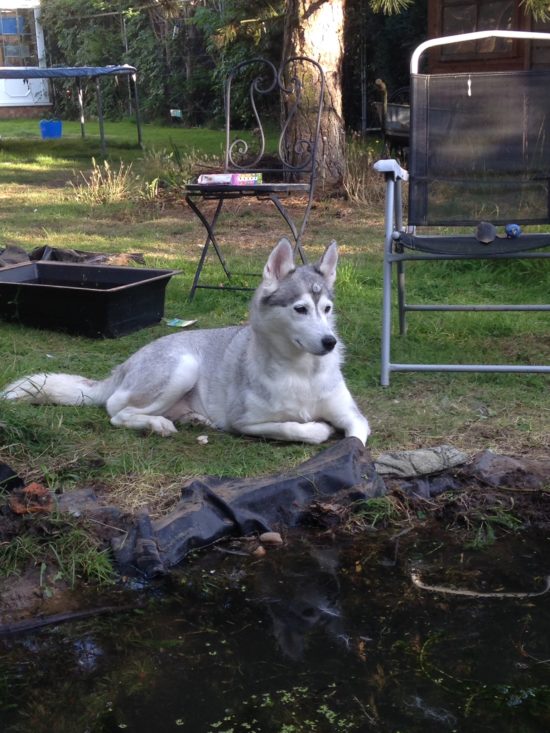
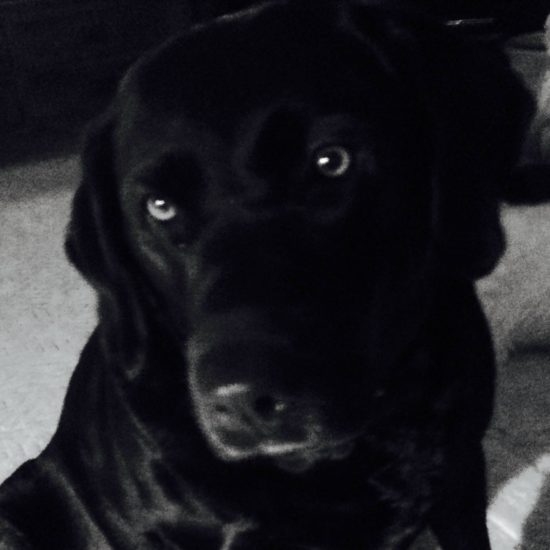
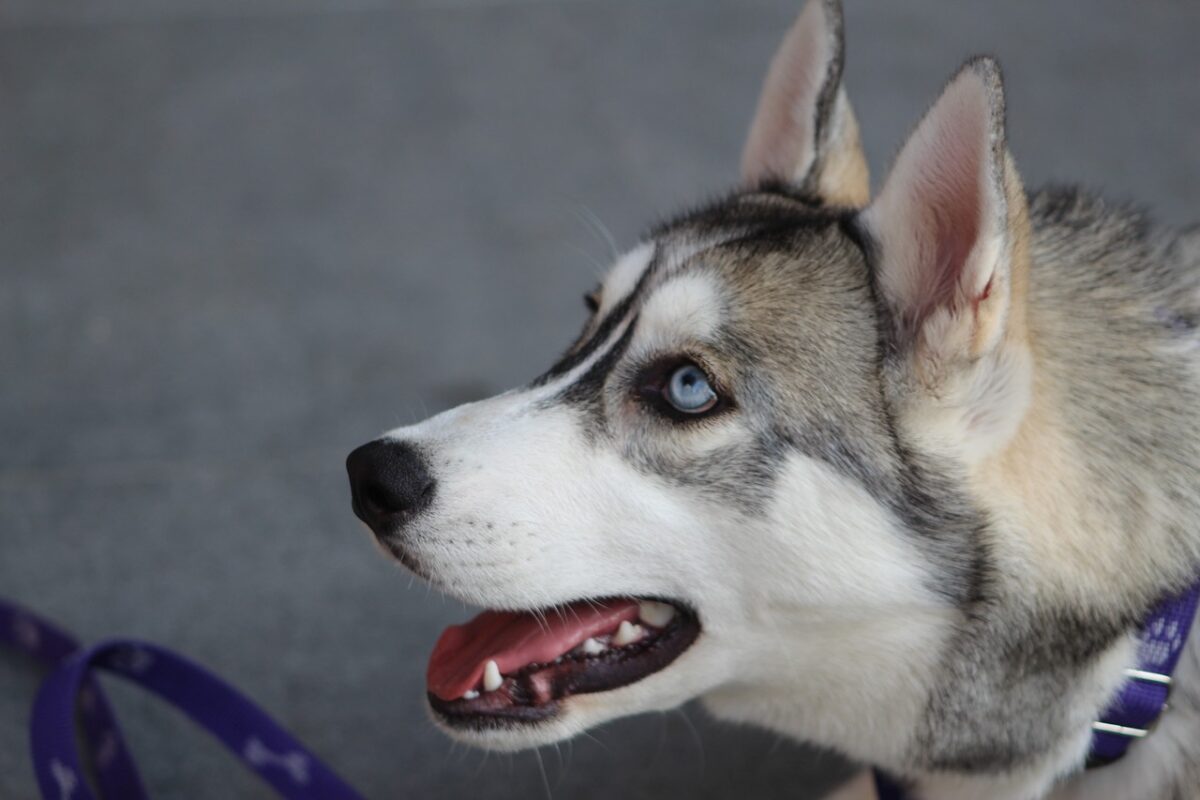
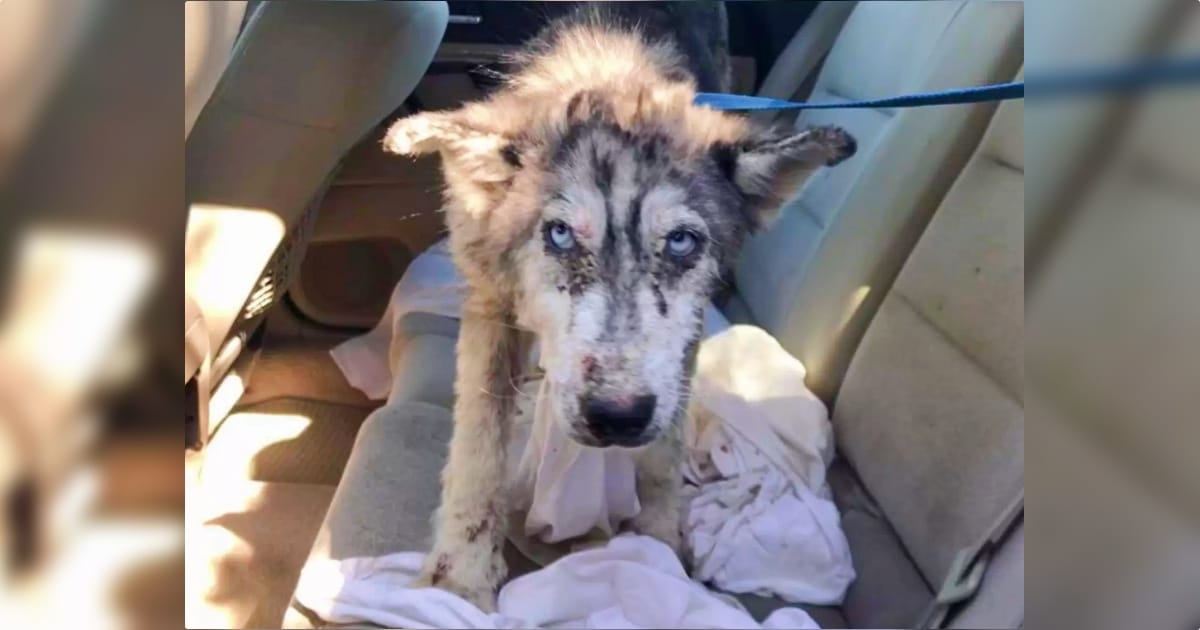
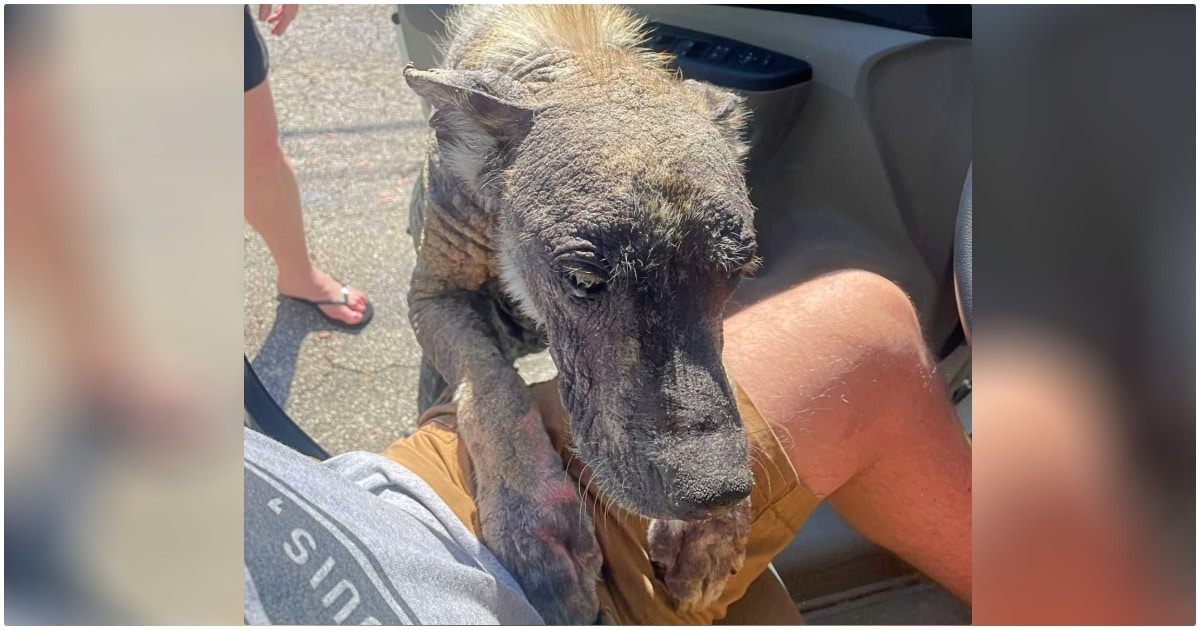
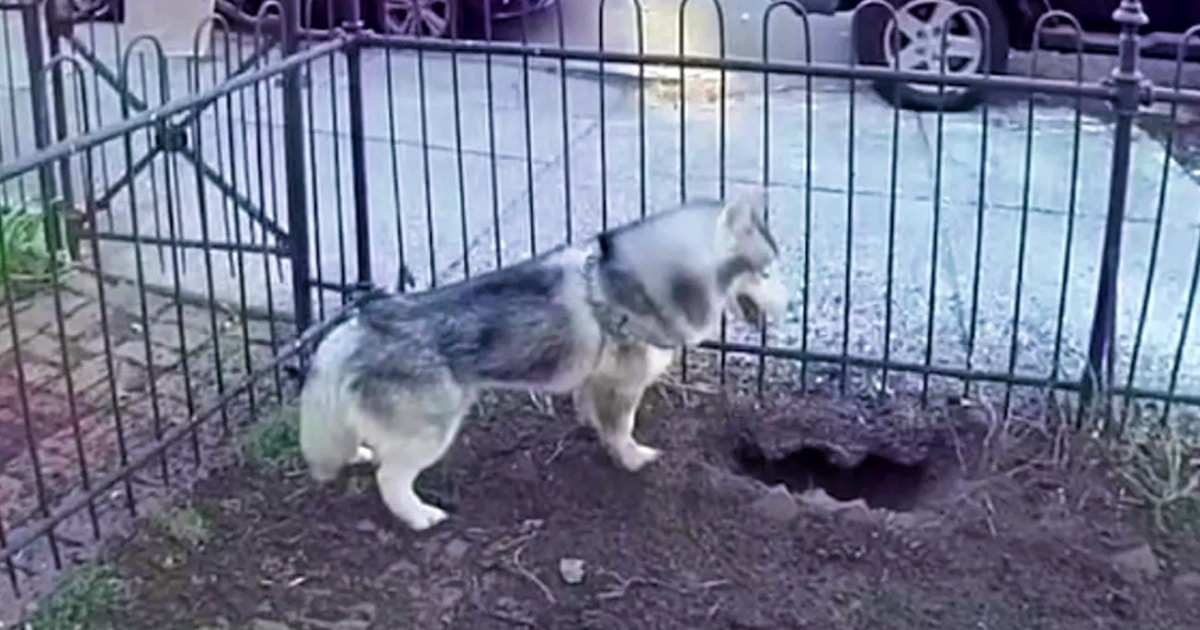

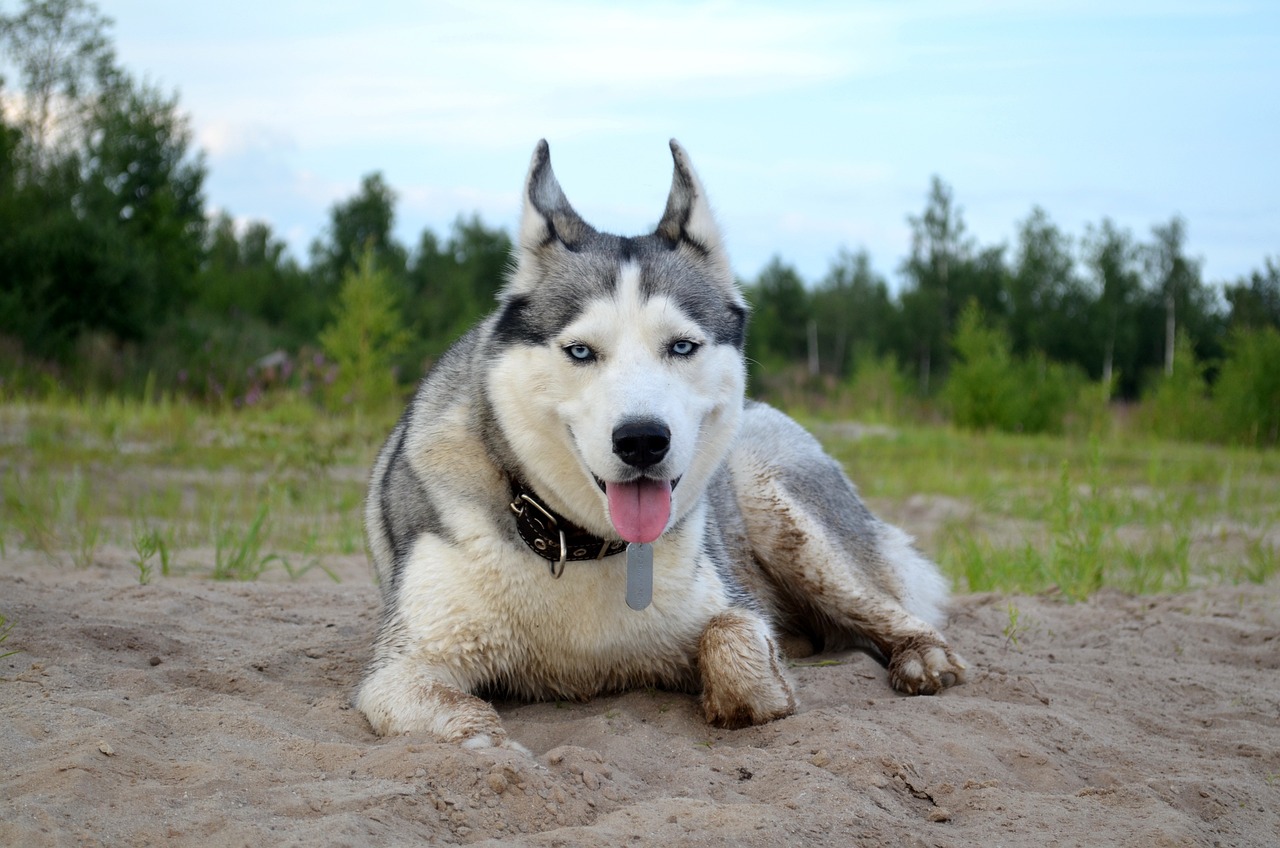
 Toledo, United States.
Toledo, United States.
